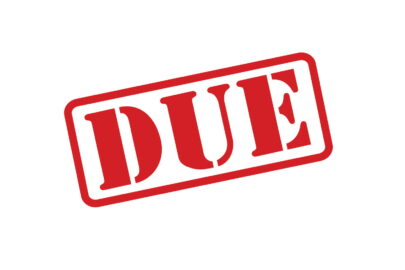Research from GoCompare Insurance has shown that those who pay for their insurance monthly rather than annually are up to 33% less likely to switch provider.
As a result of not switching, they are paying on average £144 more for car insurance and £113 more for home insurance. However, the findings are potentially just the tip of the iceberg for monthly payers.
The research involved 5,000 people digging out their bills to help understand why some people switch and others don’t.
According to the research, 38% of drivers pay for their car insurance by monthly instalments, while 44% of householders pay for their home insurance monthly. That’s potentially 7.6m car insurance policies and 11.5m home insurance policies with monthly premiums.
However, the study also revealed a key split in the make-up of the monthly paying group, based on household income. 47% of drivers from lower income households pay monthly for their car insurance, compared to just 29% of those from the highest earners. Similarly, 53% of lower income households pay monthly for their home insurance, compared to 35% from the highest earning groups.
While paying monthly helps spread the cost of insurance, monthly payers tend to pay more in total as a result of instalment fees and interest for the credit.
According to one example found by GoCompare Insurance, a fairly typical annual car insurance premium of £498.06 turned into a total cost of £597.41 when paid monthly. That’s an additional £99 – a 20% increase – simply for paying monthly.
Dr Joe Gladstone, academic researcher in consumer behaviour at University College London, said: “We already know that hassle is a big factor behind why people don’t switch. People paying monthly may see having to cancel a direct debit and set up a new payment as an additional hassle. Equally, if you pay a smaller amount monthly, you are likely to be less price sensitive than if you were to pay the full amount in one go.
“Critically though, the answer could be to do with financial distress. Those experiencing financial distress are far less likely to engage with their financial matters, read their bills or shop-around. As a result, paying monthly for insurance can lead to a cycle of paying more.”
